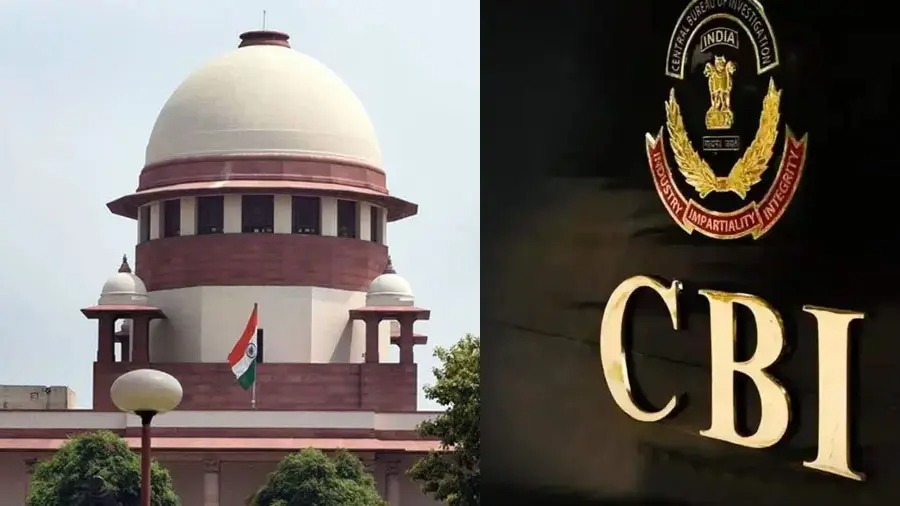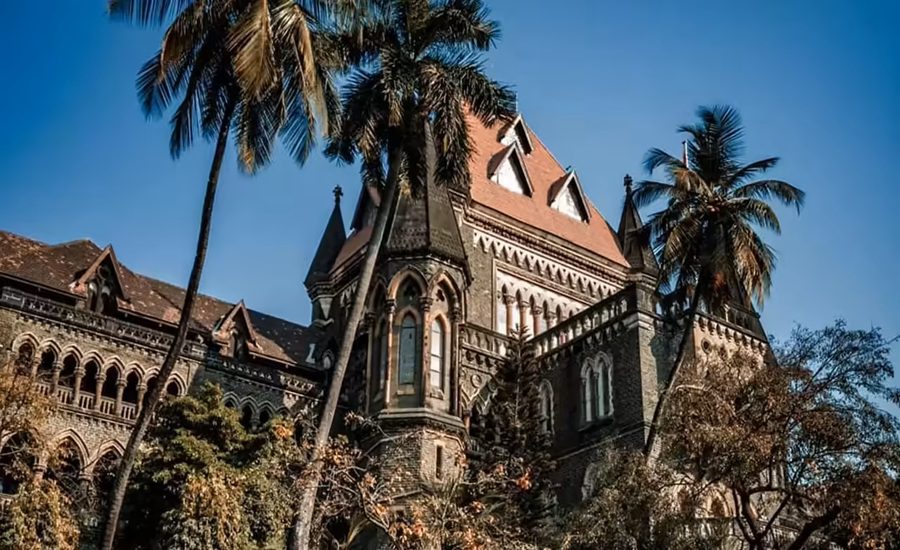Swantanter Kumar, J.@mdashIn all the above mentioned writ petitions the petitioners raised challenge to the legality and constitutional validity of various provisions of the Securitisation and Reconstruction of Financial Assets and Enforcement of Security Interest Act, 2002 (hereinafter referred to as "the Act"), as well as Rules framed thereunder being The Security Interest (Enforcement) Rules, 2002. All the petitioners are the persons or bodies corporate who had taken financial assistance from various financial institutions. According to the Financial Institutions the petitioners had committed defaults in repayment of their dues. They are in huge defaults. Having not been able to recover their dues, they have taken recourse to the provisions and the rules afore-noticed particularly Section 13 of the Act, vide which they have attached the properties and are intended to take possession or sell the said properties, mortgaged and/or hyphothecated by way of security to the financial institutions. In some of the cases they have even taken possession of the industrial units.
2. The petitioners are mainly aggrieved from the action of the respondents where in a most arbitrary manner they are taking recourse to the stringent provisions of the Act and or even dispossessing the petitioners or their family members from possession of the residential houses.
3. In some of the writ petition, the financial institutions have already taken recourse to Civil proceedings under the special Acts and even before the debt recovery tribunal. According to the petitioners, some of the proceedings were pending and in some cases interim orders were also passed. It is not permissible for financial institutions to take recourse to these provisions now at this stage.
4. In CWP No. 4387 of 2003, even the averments have been made that the petitioners had not executed any documents mortgaging the properties in question in favour of the financial institutions. In fact the documents have been created by the institutions in a most improper manner. It is submitted that the respondents are playing a fraud upon the statute by taking recourse to such provisions which are unguided and unfettered. It is also the case of the petitions that no guide-lines have been provided by the Union of India and or/Reserve Bank of India for exercise of arbitrary powers vested in the nominated authority/officer.
5. To sum up, the respondents have contended that the provisions do not suffer from the vice or arbitrariness. They are constitutional and no way offend the basic rule of law. According to the respondents, the petitioners committed default of payment of dues despite notice and huge amounts are due and payable to the financial institutions, as such recourse to the provisions under different provisions of the Act.
6. The counsel for the petitioners have placed reliance upon the judgments of Hon''ble Supreme Court in the case of
7. In order to notice the submissions made on behalf of the petitioners, which have been controverted by the respondents can be summed up as under:-
a) The provisions of Section 13(2) and Section 13(4) of the Act are unconstitutional and violate the fundamental right or the fundamental protections available to the petitioners;
b) The powers vested in the authorised officers under the preview and scope of Section 13 of the Act are unguided, unfettered and therefore, arbitrary;
c) The financial institutions or its authorised officers are debarred from taking recourse to the remedies under the Act as they have already excised their right under the doctrine of election and have instituted proceedings under the General or the Special Laws already in force;
d) The impugned notices and orders made by the secured creditors in exercise of powers vested in it u/s 13 of the Act, suffers from patent legal bias, non-application of mind and are apparently arbitrary;
e) The impugned orders have been passed at the back of the petitioners and without providing them any opportunity of being heard and as such they are opposed to the maxim of Audi Alteram Partem;
f) There is apparent conflict and contradiction in the provisions of Sections 12 and 13 of the Act and Sections 34(2) and 35 of the Debt Recovery Act. The provisions of other Acts are specifically enforceable and have to take precedence over any other special law. As such even initiation of proceedings u/s 13 is bad in law.
g) The Union of India and/or Reserve Bank of India has not provided any guidelines for exercise of powers by the authorised officers under the provisions of the Act and u/s 12 it is obligatory upon the Reserve Bank of India to furnish guide-lines. Then alone action can be taken for enforcing these provisions.
8. We have heard this matter at some length because learned counsel for the financial institutions had implicity argued that the petitioners are not entitled to benefit of interim order granted by the different Benches of this Court. During the course of hearing, learned counsel for the parties had placed on record a letter/circular issued by the Reserve Bank of India dated 23.4.2003 which reads as under:-
"Securitisation and Reconstruction of Financial Assets and Enforcement of Security Interest Act, 2002.
Issue of final guidelines and directions.
The Reserve Bank had issued draft guidelines to Securitisation Companies and Reconstruction Companies on December 18, 2002, soliciting views of the Banks, Financial Institutions and others. The Bank has since finalised the guidelines taking into account the feedback received. The guidelines and directions provide for different aspects of asset reconstruction and securitisation relating to registration, owned fund, permissible business, operational structure for giving effect to the business of securitisation and asset reconstructions, deployment of surplus funds, internal control system, prudential norms, disclosure requirements etc. So as to facilitate the smooth formation and functioning of Securitisation Companies and Reconstruction Companies. It is clarified that the security receipts referred to in paragraph 7(2) of the Act, have to be issued by the trust set up by the Securitisation Companies and Reconstruction Companies. In addition to the guidelines and directions, which are mandatory, the Bank has also issued guidance notes of recommendatory nature covering aspects relating to acquisition of assets issue of security receipts etc.
2. The Bank is in the process of framing a set of standard guidelines in the matter of takeover of the management, sale or lease of whole or part of the business of the borrower. Securitisation Companies and Reconstruction Companies are, therefore, advised to refrain from exercising the measures of take over the management sale or lease of the borrowers business as provided for in Section 9 of the Act, until guidelines in this regard are notified by the Reserve Bank of India. As regard enforcement of security interest. Securitisation Companies and Reconstruction Companies may follow the Security Interest (Enforcement) Rules, 2002 notified by the Government of India as also the relevant provisions in the Act.
3. The Bank has already issued the format of the application form for issue of a Certificate of Registration earlier vide its Notification No. DNBS.1/Ogm (CSM)-2003 dated March 07, 2003. Companies desirous of commencing the business of securitisation and reconstruction have to apply in the prescribed format (annexed to Notification No. DNBS./CGM(CSM)-2003, which can be downloaded from the Reserve Bank of India''s Website www.rbi.org.in.
4. A copy each of the Notification No. DMBS.1/CGM)2003, dated March 7, 2003. Notification No. DNBC.2/CGM (CSM)-2003, dated April 23, 2003 and Guidance notes is enclosed."
9. Though the learned counsel appearing for the financial institutions contended that the guide-lines to be issued by the Reserve Bank of India u/s 12 and formulation of any policy is not for its application to the provisions of chapter HI which relates to enforcement of security interest. On the other hand learned counsel for the petitioners contended that the guidelines and policy framed postulated u/s 12 of the Act is intended to have general application to the provisions of the Act. In the interest of industrial growth of the country, it is pertinent that the powers, in this Act even if are held to be constitutional, should not be acted arbitrarily or in undue haste. Obviously the court should strike a balance between industrial growth in consonance with the policy formulated by the financial institution and the State Policy on the one hand and recovery of public money on the other. Such an approach alone can help in achieving the object of the Act in gaining special powers to the authorised officers under the provisions of the Act.
10. It is commonly conceded case before us that large number of writ petitions/special leave petitions are pending before the Hon''ble Apex Court. All the points raised before us have been raised in one petition or the other before the Hon''ble Supreme Court. Thus, we are of the considered view that it is not appropriate for this Court to deal with the merits or demerits, legality or otherwise of the contentions raised before us. Once, the matters are subjudice before the highest court of the land, most appropriate course for this Court would be to await the decision of the Hon''ble Supreme Court.
11. When the writ petitions were initially filed before the Hon''ble Apex Court and/or the High Court, the ordinance itself was challenged. However, during the pendency of the proceedings the Act was promulgated. The Hon''ble Supreme Court passed two interim orders dated 4.10.2002 and 10.2.2003. Both the them read as under:-
Order dated 4.10.2002.
"Meanwhile, it would be open to the secured creditors to proceed against the borrowers under Sub-clauses (2) and (4) of Clause 13 of the Securitisation and Reconstruction of Financial Assets and Enforcement of Security Interest (Second) Ordinance 2002. However, they shall not part with the assets of the borrower by way of lease, assignment or sale. It is made clear that this order will not preclude the secured creditors from taking recourse to any other alternatives provided under Clause 13(4) of the Ordinance."
12. In the facts and circumstances afore-noticed, we consider it appropriate to direct that all the petitioners shall be entitled to the same interim order as has been granted by the Hon''ble Apex Court. We further make it clear that the despite pendency of these petitions, it will be appropriate for the concerned authorities in the Union of India as well as the Reserve Bank of India and the Financial Institutions to ponder over the matter and formulate proper guidelines and also determine the policies in regard to exercise of powers vested in the secured creditors and its empowerered officers.
13. Thus, we direct all these petitions to be adjourned sine-die with liberty to revive after the pronouncement of the judgment of the Hon''ble Supreme Court. In the mean while the interim order in terms of the order of Hon''ble Supreme Court shall continue till disposal of the writ petitions.
Sd/-
Mehtab S. Gill, J.

